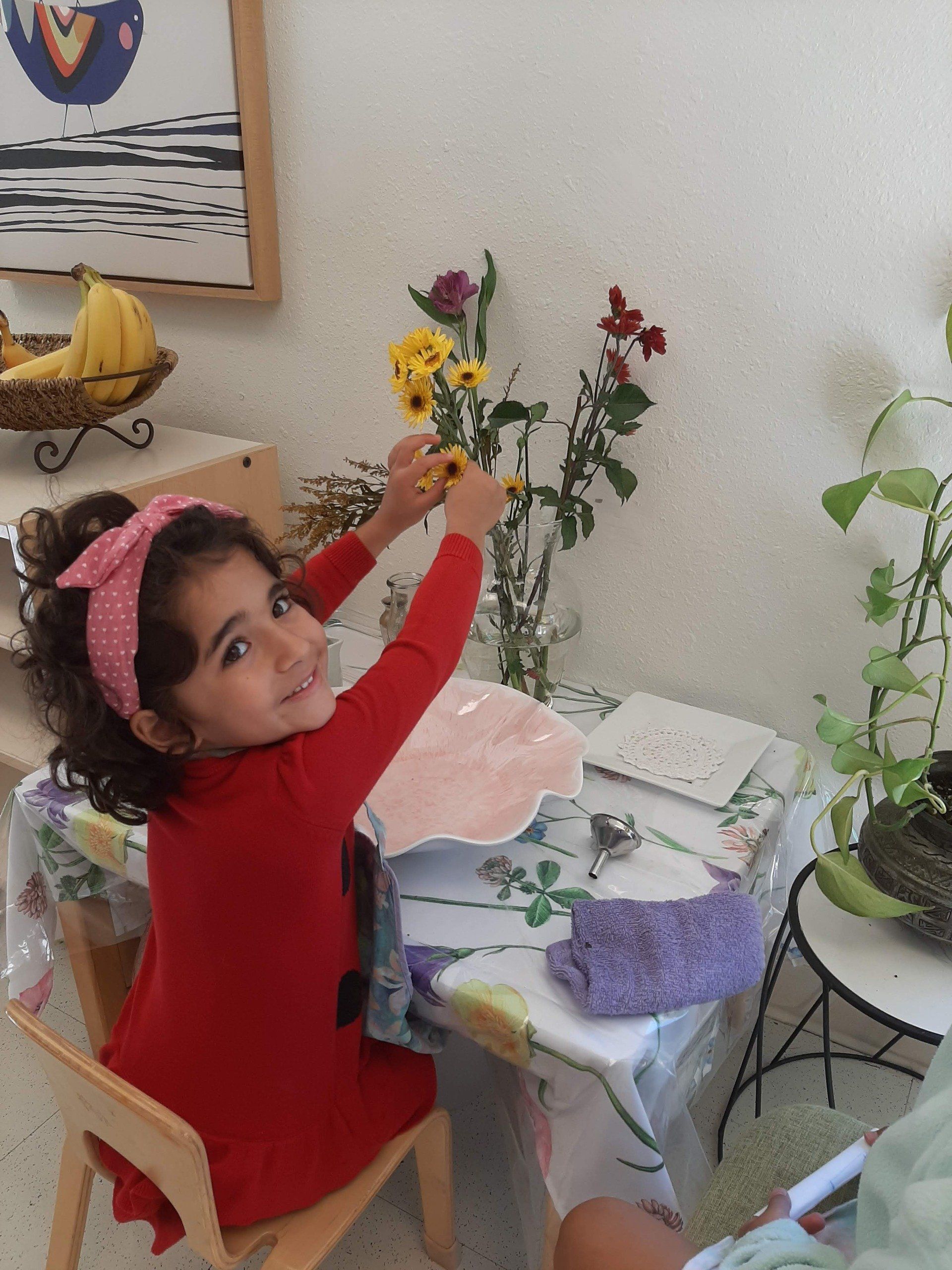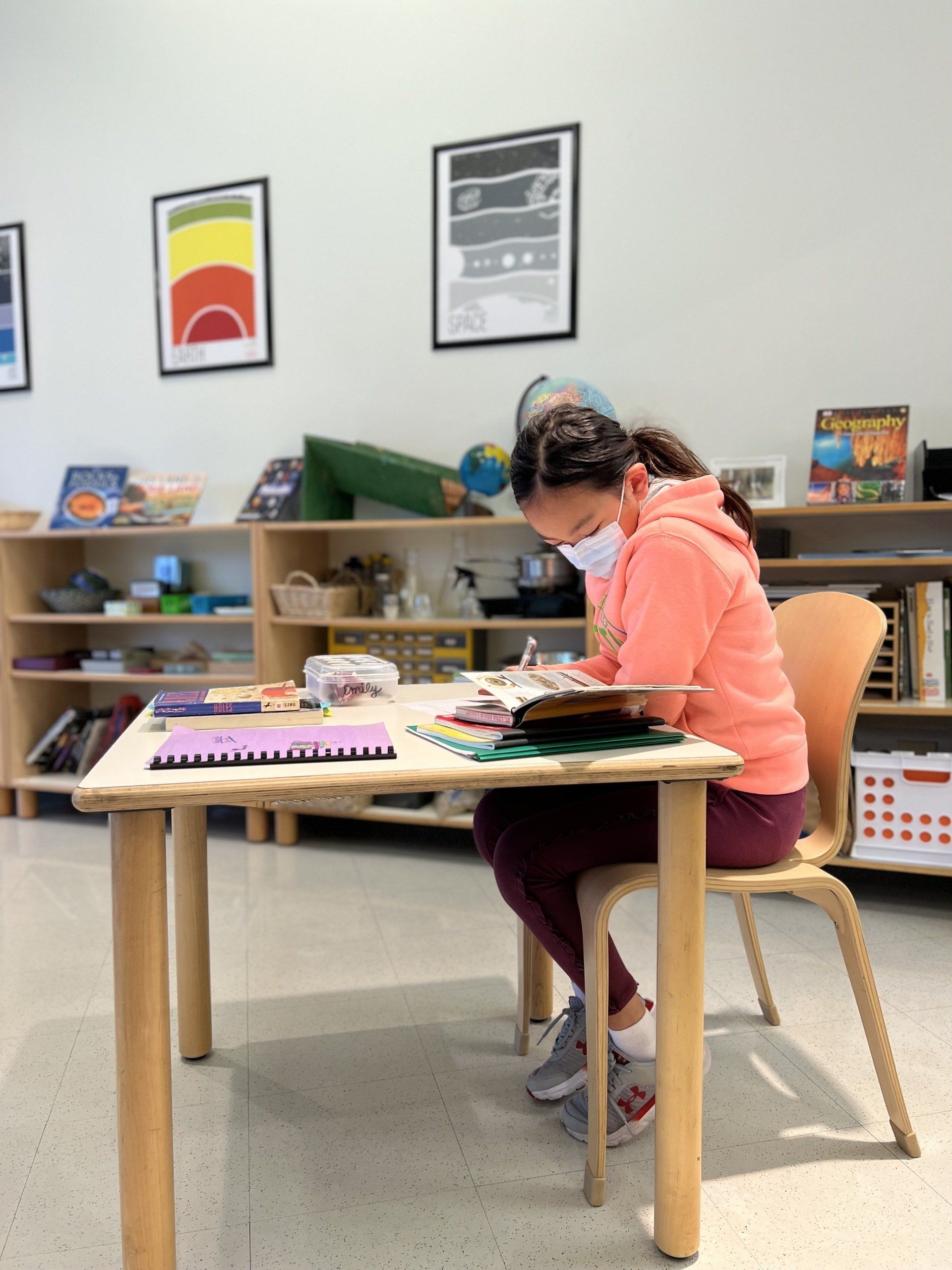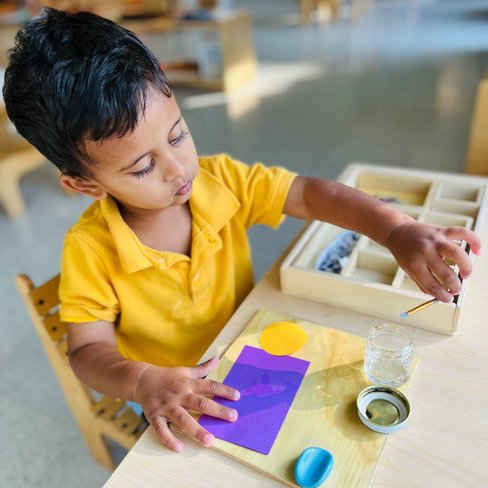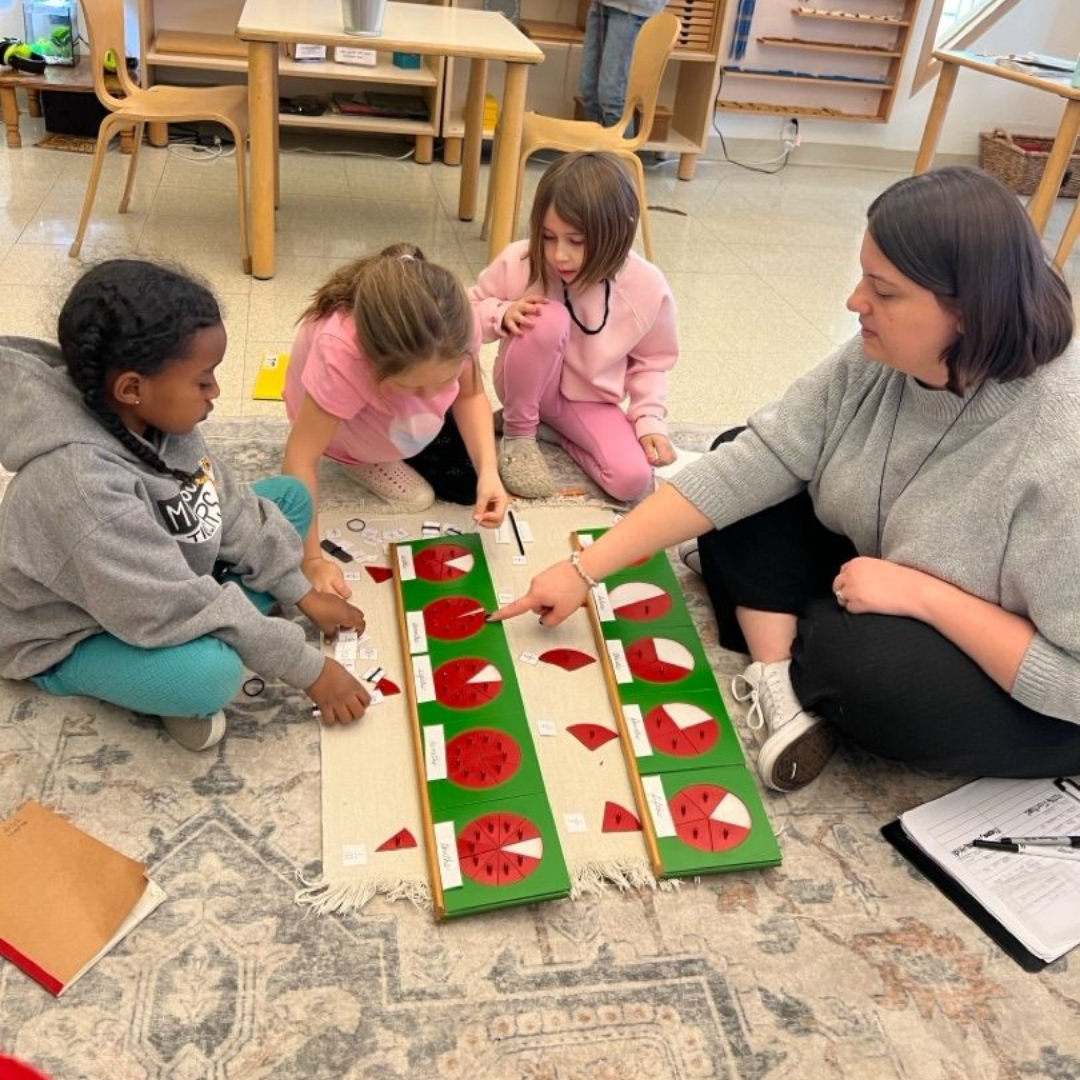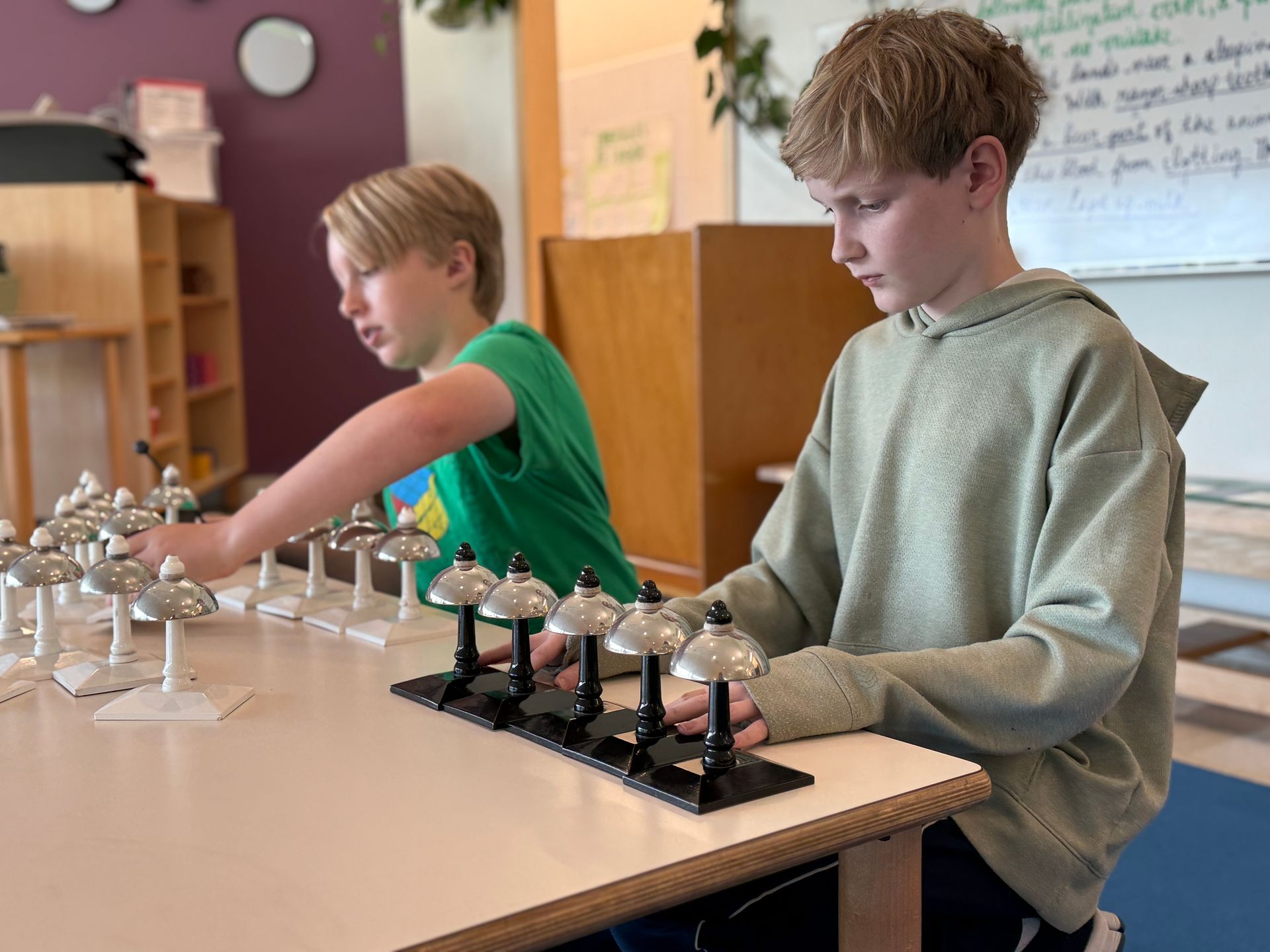Montessori educators care deeply about the academics we teach, because we are curious people who are fascinated with the world around us. But we’re passionate about other things, too. We want the children in our care to go out into the world feeling good about themselves, caring about others, and excited about their abilities. That’s what drives our work and makes us feel so strongly about what we do.
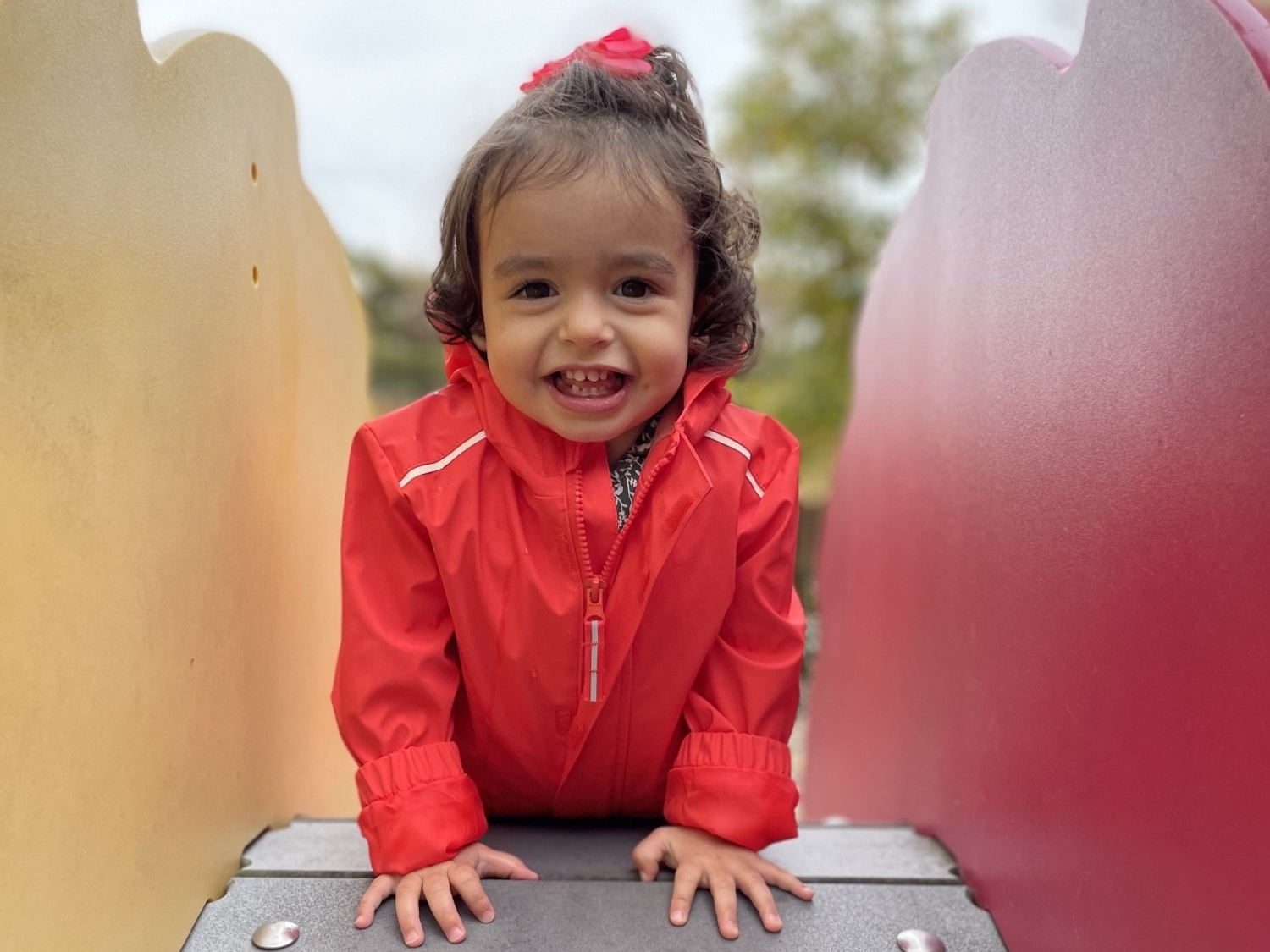
When we choose a course of education for our children, we may begin to wonder how various models align with our own personal values. What should the goals of education be? What do we want our children to gain from the experience?
It all depends on why and how the methods were developed. What were the initial goals when a particular approach was conceived? What do current practitioners value? These are important questions to consider.
In a list like this, you might be expecting one of the items we feature to be independence. While it’s true that we work hard to build a sense of independence in the children we guide, we also wanted to highlight a few of the lesser-known traits that are nurtured in a Montessori environment.
1. Empathy
Interpersonal skills are some of the most important skills we can teach our students. They can master all the math and language arts skills there are to learn, but if they can’t interact with other people, their lives won’t feel overly fulfilling. More than that, we think humans can accomplish so much more together than individually, so want children to learn to get along with one another.
The structure of the Montessori day allows for planned and spontaneous lessons about kindness and empathy. When a conflict happens in the classroom or the playground, we teach children skills in the moment. We ask the children to try and identify their emotions, and we help them learn how to best handle these in a productive way. How do we communicate with someone we disagree with? What does it look like to disagree but still respect one another?
Typically, this consists of giving children the script to work through solving issues. Sometimes we enlist the help of the whole group, discussing problems and asking for solutions without targeting individuals. This helps children develop problem solving skills which gives them tools needed to resolve their own social conflicts.
2. Powerful Work Ethic
The Montessori approach focuses on intrinsic motivation, which is when a person is moved to act simply for the enjoyment of the activity itself, rather than its instrumental value. Contrarily, external motivation is whenever an activity is done in order to attain some separable outcome, such as external products, pressures, or rewards.
Some people find it shocking that Montessori schools don’t give grades, have tests, or hold award ceremonies. Extrinsic motivation can be effective in small doses and with short-term goals, like when you don’t want to do the dishes and reward yourself with an iced coffee afterward. Those types of rewards, however, are not particularly effective at cultivating a deep motivation to learn or help others.
The real world doesn’t function with sustained external motivation, so why should we teach children one type of motivation and then expect them to switch to something else as adults? Are employees evaluated at work? Absolutely. The thing is, they’re not receiving grades; they receive narrative feedback that highlights their areas of strengths and what they might improve on. We do the same with our students.
Another way we accomplish this is by putting emphasis on a child’s efforts, rather than our judgment of their accomplishments. This helps nurture a developing sense of internal motivation. For instance, instead of saying “good job” to our children, we replace that with observations such as “I notice you worked really hard on that. How does it feel to complete it?” We want students to recognize their own sense of pride for their work, rather than importing our own feelings onto them. This way, our students grow with a desire to solve problems, gain insights, and pursue their passions.
3. Creativity
Put simply, Montessori encourages creativity in two main ways: we incorporate the arts as much as possible, and we give children a chance to find their own solutions to problems.
Montessori guides integrate art education in countless ways. Here is a small sampling of what may happen in classroom during the course of the year:
- Drawing, labeling, and painting maps
- Listening to music or learning the traditional dance of a culture being studied
- Using collage to review and label the external parts of a fish
- Reading biographies about influential artists
- Teaching sewing or weaving as practical life
Learn more about how art and creativity are incorporated daily at CMS in this blog post.
As mentioned, the other side of creativity involves the way we encourage our students to think. We do not simply feed them all the answers. We give lessons, sure, and provide students with factual information. But when they run up against a problem, we don’t race to give them the solution. Whether it be social, academic, or something else altogether, we ask guiding questions that lead the child to generate their own possible solutions.
This, we believe, is one of the keys to developing innovative mindsets.
4. Joyful Learning
When it comes to creating joyful learners, intrinsic motivation and creativity are a good start. Combining that with copious amounts of freedom and gorgeous autodidactic materials, and you have an environment that kids simply cannot resist.
We think learning is fun, or at least it should be. We are invested in helping our students become adults who love to learn and pursue learning independently for the rest of their lives. Even the most basic of skills can be delivered in ways that are exciting. Take the Montessori positive snake game for example: it’s a game, and it involves making snakes out of colorful groupings of beads, then eventually transforming the snake until it’s entirely gold. But more than that, the student is learning how to exchange smaller numbers to make ten in preparation for multiplication work.
5. Service-Mindedness
We believe it’s of critical importance to give our children a sense of the world as a whole and to really see the ways in which everything is connected and interdependent. This belief is embedded into our curriculum, and most easily seen in our history lessons.
In lower elementary, children learn first about the beginnings of our universe, followed by the formation of Earth, then the evolution of life on our planet. Later on, they explore early humans and early civilizations. It isn’t until adolescence that they begin to learn about more recent periods in history. This is intentional. We believe learning about those who have come before us instills a sense of gratitude and dedication to others.
We also make a point of launching student-driven service projects. These tend to start small, and may focus on the school community. As students get older, their capabilities and visions expand outward into the greater local community. These projects look different every year because they’re student-led. For example, last school year our students ran a bake sale to fundraise for the Honduran Foundation for Children with Cancer.
These five traits are really just a glimpse of some of Montessori’s most revered values. There are plenty more. Want to see for yourself? You can easily schedule a tour or request to observe in a classroom.


